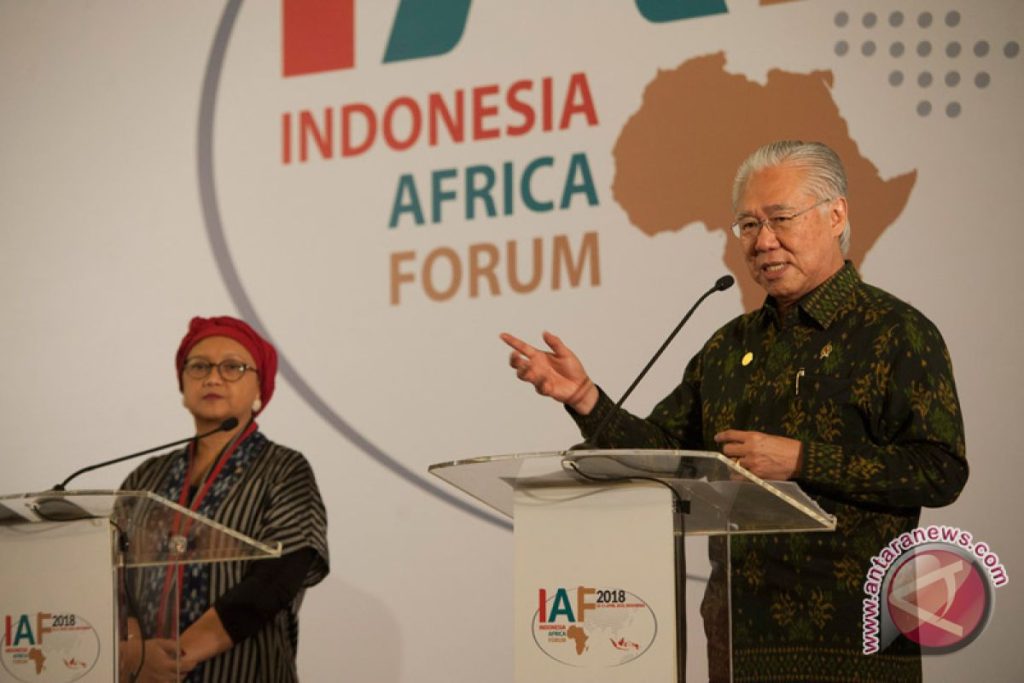The groundwork is being created for the East African Community partner nations and Indonesia to negotiate a preferential trade agreement.
Tri Yogo Jatmiko, the ambassador of Indonesia and resident plenipotentiary accredited to the EAC member states, stated yesterday in this location that the EAC countries were bringing in consignments close to $600 million from the Far East country and exporting commodities valued at $117 million to Indonesia.
The EAC can now pursue a more preferential trade arrangement with Indonesia since it has expanded to include the DRC, South Sudan, and Somalia and because it provides a physical market and corrects what experts view as an unfavorable trade balance.
During a courtesy call at the East African Business Council yesterday, the envoy spoke with Adrian Njau, the acting executive director of the organization. The envoy mentioned that only 4% of Indonesia’s trade is with Africa; the majority of its trade is with the Association of Southeast Asian Nations (ASEAN).As the largest economy in ASEAN, the G20, and a country with a population of 280 million people who earn more than the average for middle-income countries, Indonesia boasts the fifteenth largest economy in the world.
According to him, increasing direct access to East Africa will boost business relationships and commerce, highlighting Indonesia’s commitment to diversifying its import sources, increasing manufacturing output, and fostering international trade linkages in order to advance its economy.
Cocoa beans ($90.9 million), processed tobacco ($15 million), lamb meat and hides ($3.4 million) were EAC’s top exports to Indonesia in 2023, he said. The country’s top imports are palm oil ($285.54), paper ($59.6 million), semi-finished iron products ($43 million), bulldozers and graders ($25.7 million), and machinery ($10 million).
The EAC and Indonesia are becoming more interested in doing business and investing in each other. The director stated that an economic deal would grant advantageous tariffs and allow EAC goods such wheat, soybeans, rice, vegetables, cocoa beans, and food preparations to enter the Indonesian market.
Wheat totaled $3.8 billion in imports in 2023, soybeans $1.5 billion, rice $1.7 billion, vegetables $743 million, cocoa beans $732 million, and prepared foods $701 million.
Recently, a deal was made by Indonesian investors to construct a fertilizer factory that will employ readily available natural gas as a major raw resource.
Through cooperative exhibits, seminars, and business missions, the EABC is dedicated to working with Indonesian business associations to strengthen trade and investment links, he stated.
He said that other topics of conversation included technology transfer, business and advocacy assistance, tourist and cultural interchange, education and capacity building, and agribusiness and agro-processing.

